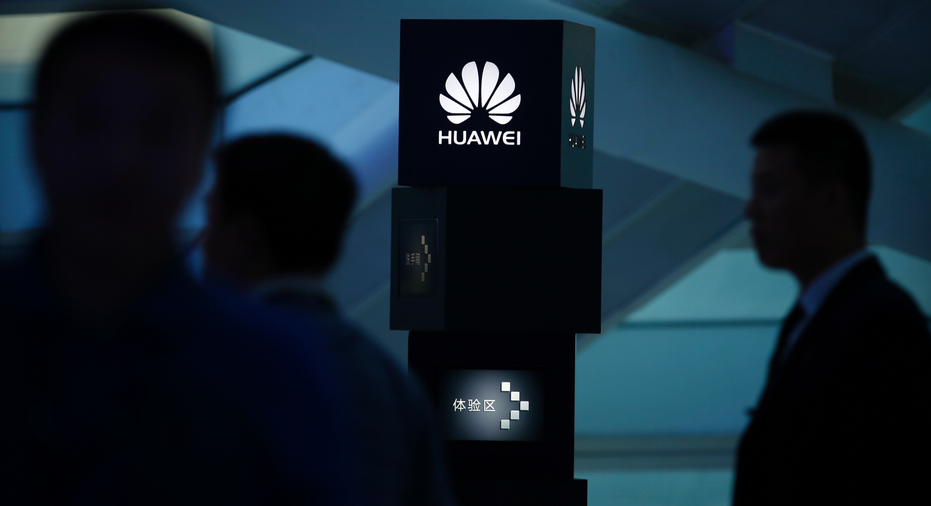Reports: AT&T drops plan to sell Huawei smartphone in US

NEW YORK – U.S. telecoms carrier AT&T has dropped plans to sell Chinese brand Huawei's smartphones in the United States, dealing a setback to the No. 3 global phone maker's expansion plans, according to news reports.
The Wall Street Journal, which reported the development Tuesday, gave no reason for AT&T Inc.'s decision. The South China Morning Post of Hong Kong said Huawei Technologies Ltd.'s vice president for consumer business, Richard Yu, confirmed the move in a text message to the newspaper and wrote, "We have been harmed again."
A Huawei spokesman declined to comment.
Yu told The Associated Press in December the company would announce smartphone sales through a U.S. carrier this week. Huawei sells some models in U.S. electronics stores and online but has a minimal share of an American market in which most sales are through carriers.
Ahead of the planned announcement, Huawei had issued a statement that said, "Over the past five years Huawei has proven itself by delivering premium devices with integrity globally and in the U.S. market. On Tuesday Huawei will introduce new products to the U.S. market, including availability."
Huawei, the world's biggest maker of network gear used by phone companies, suffered a setback in the U.S. market when a congressional report in October 2013 said it was a security risk and warned telecom carriers not to use its equipment.
Globally, the company's handset business trails Samsung and Apple by shipments. But it leads in China, the biggest market, and says it expects to ship a total of 150 million units this year.
Huawei's shipments rose 16.1 percent in the latest quarter over a year earlier to 39.1 million handsets, ahead of Apple's 2.6 percent growth to sales of 46.7 million, according to IDC. Samsung sales expanded 9.5 percent to 83.3 million units.
In his comments in December, Yu rejected the U.S. security complaints as politically motivated or possibly an attempt by competitors to keep it out of the market.
"They are lying," said Yu. "We are a company that really cares about cybersecurity and privacy protection. We do a lot better than the other vendors."



















